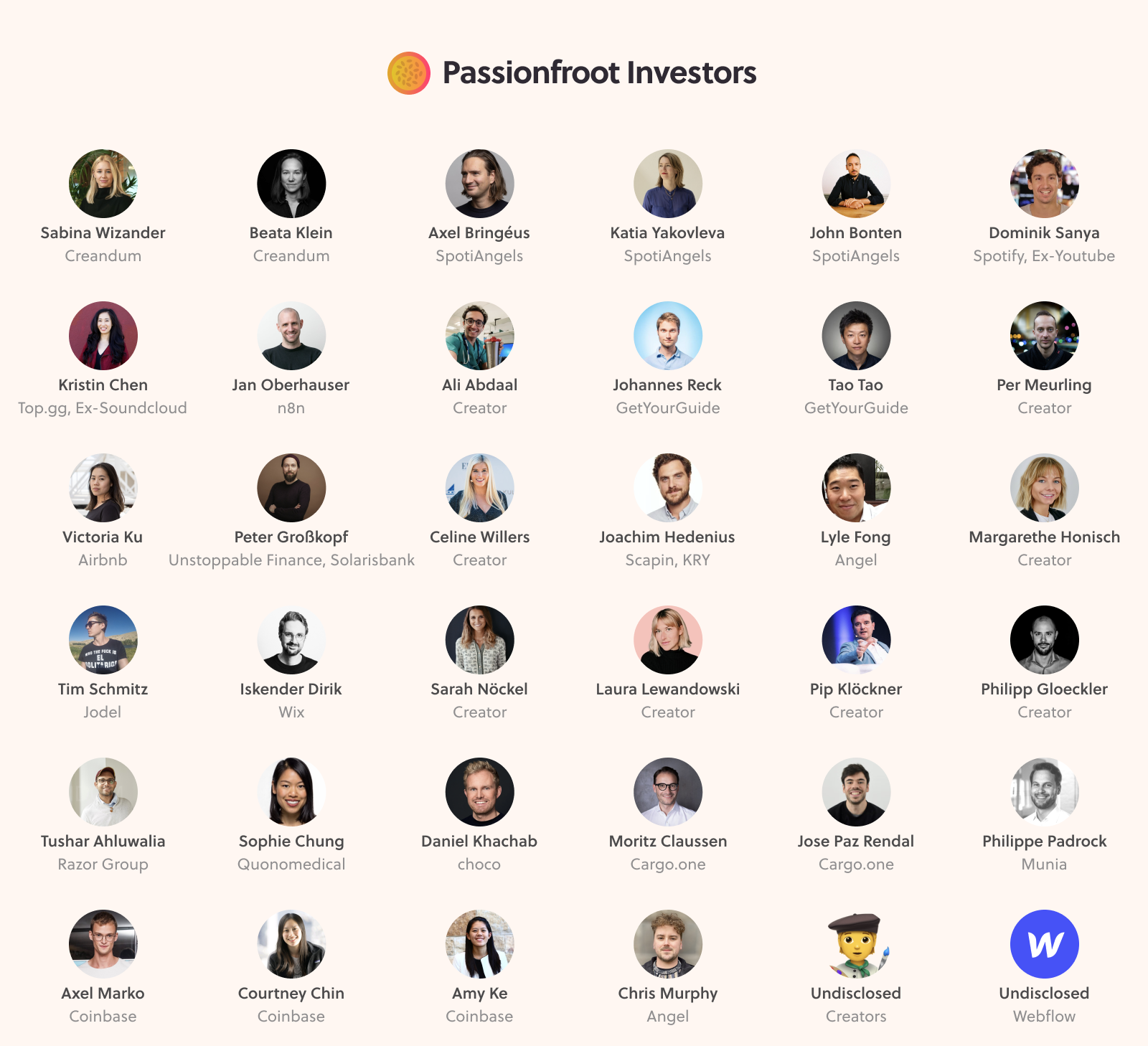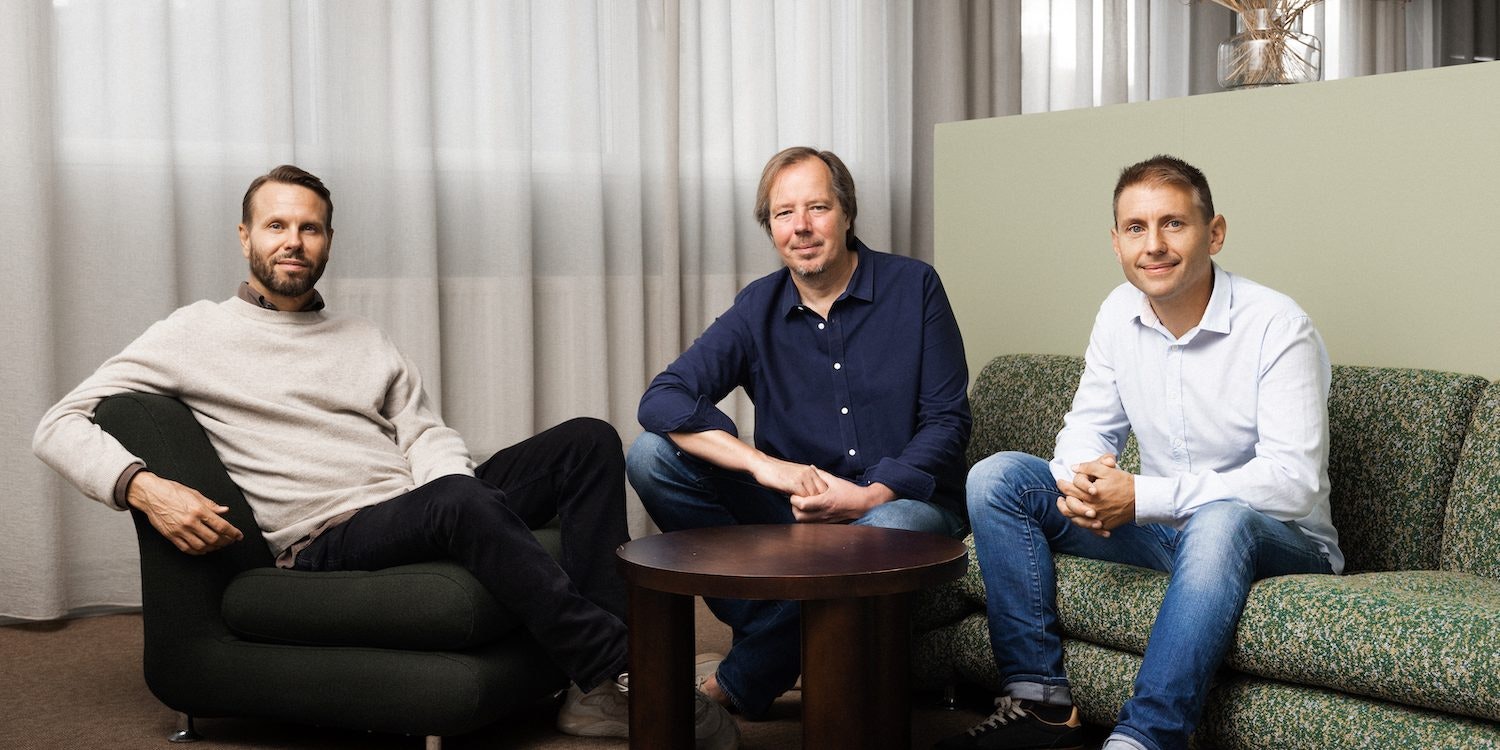What do a Cambridge-educated doctor, a Senegalese TikToker and two German podcasters named Philipp have in common?
They’re all potential users of Passionfroot, a browser-based, no-code tool that helps creators keep track of their projects, clients and cashflow. The team just raised €3m in a pre-seed round, the largest for a European creator economy startup at that stage.
The creator economy refers to the tools and platforms that let individuals create, distribute and monetise content. Investors say more people are aspiring to make a career from their creative pursuits, but need the tools to help them run their content businesses.
So far, most of these tools and the VCs backing them are from the US, epitomised by former Andreessen Horowitz investor Li Jin launching her own creator economy-focused fund in the US earlier this year. In a list of over 230 creator economy startups published by Antler earlier this year, not quite 15% were from Europe. Now there are signs — including Passionfroot’s raise — that the creator economy ecosystem in Europe is growing.
It’s tech for the creators making “millions from their media empires but running with an Excel spreadsheet and a personal credit card
“When you talked to investors last year, they didn’t fully understand the potential” of the creator economy, says Passionfroot cofounder and CEO Jen Phan. “This year when we did the fundraising process, you could clearly see that VCs are definitely caught up.”
But it’s not just about educating VCs, says Phan.
“There’s so much education that needs to be done with creators about functioning as an entrepreneur and being the CEO of their mini media brand. Not only in Europe but also in the US. The US is just more advanced in terms of solutions and tools being built there,” she says.
Passionfroot makes money with a three-tiered pricing structure for the software and takes a small percentage of any transactions.
Creators can have a storefront to field requests and also manage back-office operations like invoicing on the platform. It’s tech for the creators making “millions from their media empires but running with an Excel spreadsheet and a personal credit card,” says Phan.
Building a diverse founding team and investor base
Passionfroot also stands out in an ecosystem where the diversity of founders and investors remains severely lacking. Only 8.8% of capital in 2021 went to mixed-gender founding teams in Europe, according to Atomico’s State of European Tech report.
Passionfroot has two female founders — Phan and Michelle Tian. Along with Jens Mannanal, all three founders are second-generation immigrants.
“As founders with immigrant backgrounds raised in Europe and the US, we care about economic upward mobility and building an inclusive society. It fits really well with what the creator economy stands for,” says Phan.
With our lead VC, we were clear about our expectations. You have to be aligned with your biggest investors
Half of Passionfroot’s angel investors are women or people from underrepresented minority groups. Angel investors include SpotiAngels. The round was led by VC firm Creandum, with Creandum partner Sabina Wizander leading.
“With our lead VC, we were clear about our expectations and how we want to build this cap table together. You have to be aligned with your biggest investors,” Phan says about building a diverse list of investors.
30% of the angels are also creators, including Ali Abdaal (the aforementioned doctor with mad typing skills). It’s part of a trend for creator economy startups to try and get creators to invest to leverage their networks and knowledge of the problems that face self-employed entrepreneurs living off the content they produce.



